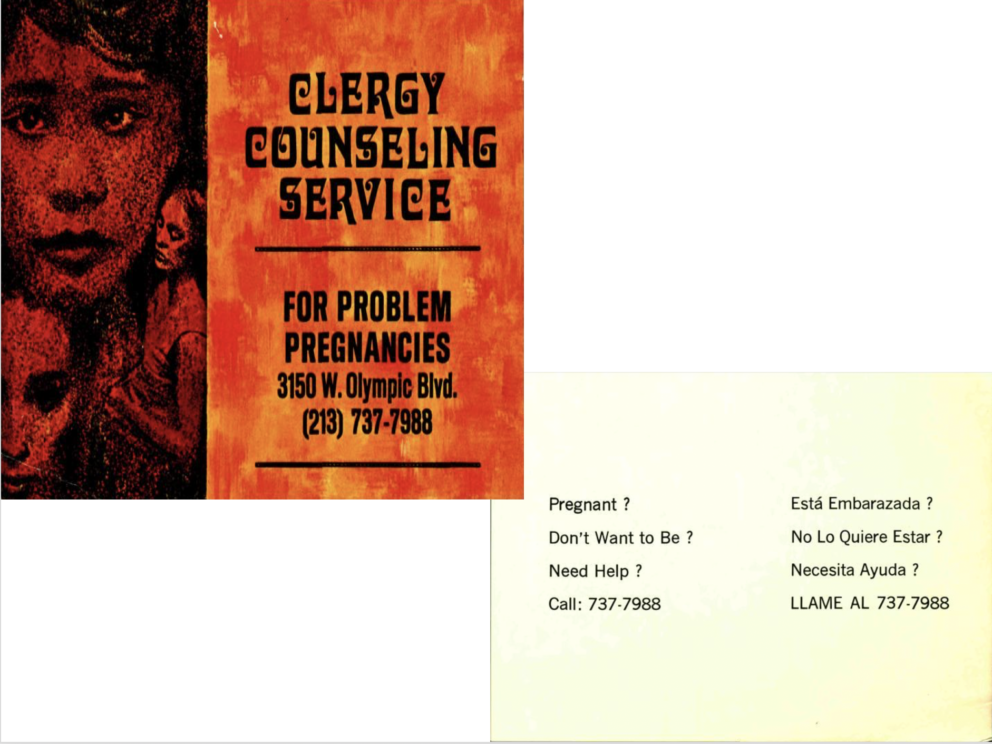The Pastoral is Political: Abortion Travel and Religious Activism Before Roe v. Wade
Barbara Christian Conference Room, 554 Social Sciences Building
Gillian Frank, Visiting Affiliate Fellow at Princeton University's Center for Culture, Society and Religion
Between 1967 and 1973, the Clergy Consultation Service on Abortion challenged restrictive abortion laws by organizing a transnational abortion network and shepherding one of the largest medical migrations of the postwar era. This talk explores the religious history of abortion-seeking and abortion travel within and outside of the continental United States. Such journeys politicized travelers and clergy alike as they reckoned with the religious mores, medical prohibitions and laws that prohibited abortion at home and structured it abroad. In the wake of the Dobbs v. Jackson decision, understanding this history may help us anticipate the role of religious communities in securing abortion access in the future.
Gillian Frank is a historian of sexuality and religion and a visiting affiliate fellow at Princeton University’s Center for Culture, Society and Religion. He is the author of numerous academic articles on the histories of sexuality, gender and religion (which have appeared in venues like the Journal of the History of Sexuality, American Jewish History, and Gender and History), and public facing scholarship (with bylines in publications including The Washington Post, Time, Jezebel and Slate). He is co-editor of Devotions and Desires: Histories of Sexuality and Religion in the 20th Century United States (UNC Press: 2018). Frank is currently at work on a manuscript called A Sacred Choice: Liberal Religion and the Struggle for Abortion Before Roe v. Wade (forthcoming UNC Press). You can listen to his podcast Sexing History–co-hosted with Lauren Gutterman–which explores how the history of sexuality shapes our present, wherever you stream your shows.
Presented by the Berkeley Center for the Study of Religion with generous support from the Henry Luce Foundation and co-sponsored by the Berkeley Center for Jewish Studies.

